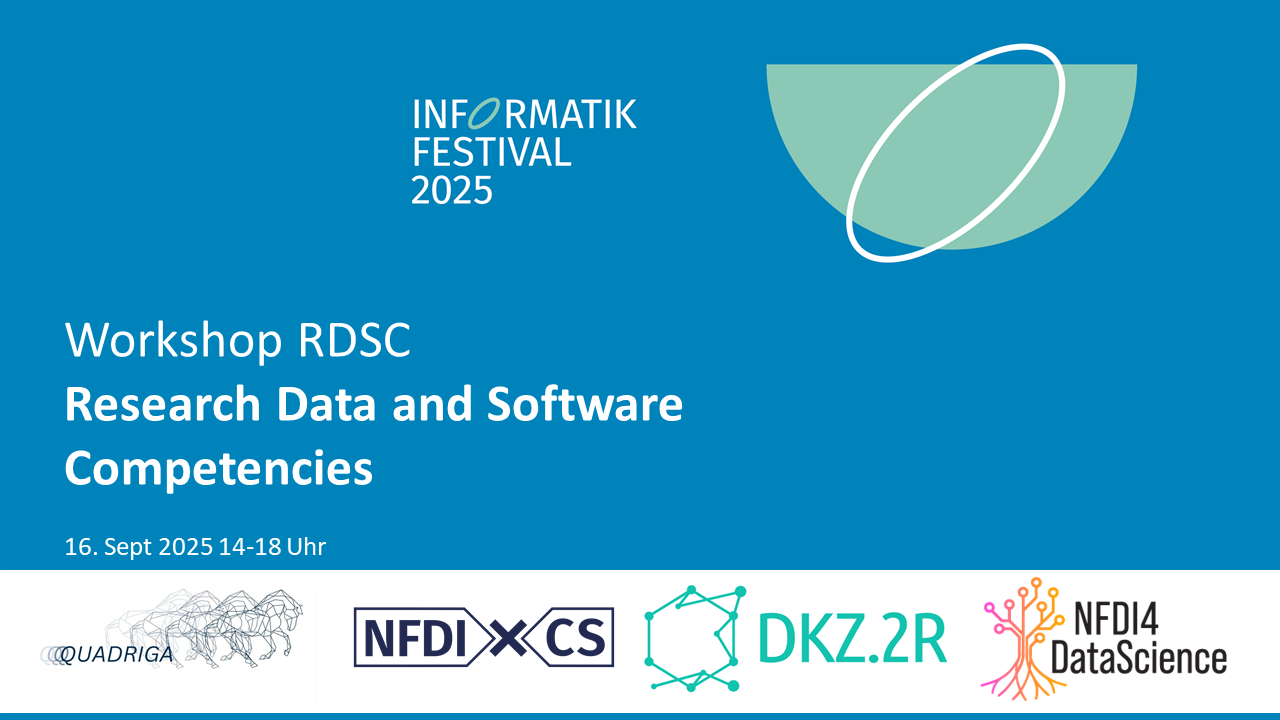Speaker
Description
Slides: https://files.inm7.de/adina/talk-FSKomp/
Research software is becoming more and more important in the scientific discovery process. However, the necessary skills to develop and use research software are not sufficiently incorporated in the German academic system yet. But what is needed to equip the next generations of students and scientists with software competencies?
To address this question, a group of roughly 30 members from various research stakeholders - among others, members of the deRSE association, representatives of academic institutions, research software engineers, open science advocates, and teachers - developed recommendations for action to improve research software skills in the German academic system in a Workshop supported by the Volkswagenstiftung in December 2024. The resulting actionable recommendations address various actors: Science policy, funding bodies, scientific infrastructure, institute directors, managers, teaching staff, interest groups and associations, and developers of research software, and they include short-term as well as long-term actions. In addition, they include a status report from various institutions about their approaches and perspectives on research software competencies, for example from libraries, research data management services, or high performance computing. Their first version has been published in February 2025 ahead of the the deRSE 2025 in Karlsruhe (Christ et al., 2025, https://doi.org/10.5281/zenodo.14273367), This publication shall, however, be a living document, reflecting the evolving needs of the system and the different stakeholders within it.
In this contribution, we thus hope present the recommendations to a broader, English-speaking audience and aim to spark multidisciplinary discussions as well as gather feedback to extend and refine the recommendations further.

